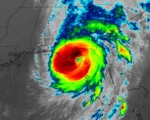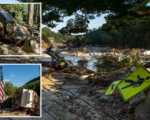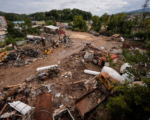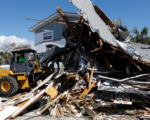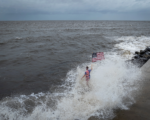Rescuers Continue Search for Survivors in North Carolina Mountains After Devastating Hurricane Helene
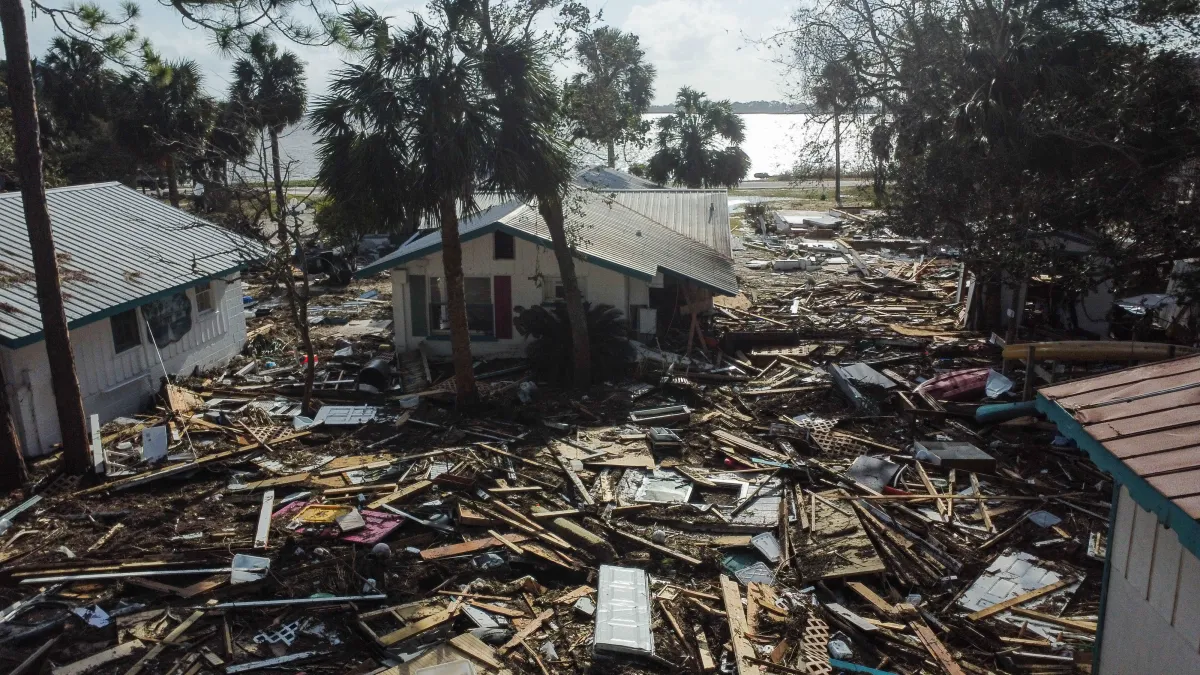
Rescue operations intensified on Tuesday as teams combed the mountainous regions of western North Carolina, desperately searching for survivors cut off by the destruction caused by Hurricane Helene. The storm, one of historic magnitude, has left at least 162 people dead across several southeastern U.S. states, with the toll expected to rise as rescue teams gain access to isolated areas.
North Carolina has been hit hardest, particularly Buncombe County, where the death toll rose to 57 on Tuesday. Asheville and the surrounding mountainous regions bore the brunt of the hurricane, as washed-out roads, collapsed bridges, and downed power lines have left many communities inaccessible.
U.S. Homeland Security Secretary Alejandro Mayorkas described the recovery as a “multibillion-dollar undertaking” that could take years. President Joe Biden pledged federal support to accelerate the recovery, acknowledging the urgency of the situation as hundreds remain unaccounted for.
Search Efforts and Tragic Losses The North Carolina National Guard has already rescued over 500 people, using helicopters to ferry in supplies and evacuate survivors. One of the many tragic stories to emerge was that of David Carver, 58, who was killed in a mudslide while trying to protect his home in Linville Falls. Despite a heroic 11-hour rescue attempt by his lifelong friend Ken Fisher, Carver succumbed to his injuries in the hospital.
A “5,000-Year Event” Meteorologists have called the event a rare “5,000-year storm.” Tennessee climatologist Andrew Joyner explained that the combination of a pre-existing storm and Hurricane Helene created the perfect conditions for unprecedented precipitation in the Appalachian mountains, devastating communities like Swannanoa and Black Mountain.
Challenges Ahead Power outages remain widespread, with 420,000 homes in North Carolina still without electricity, down from a peak of 1 million. Emergency services are warning that recovery will be long and arduous, with many areas still without access to clean drinking water and other essential services.






